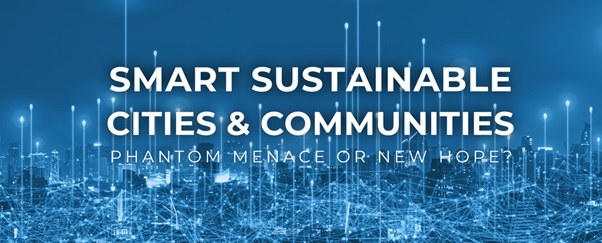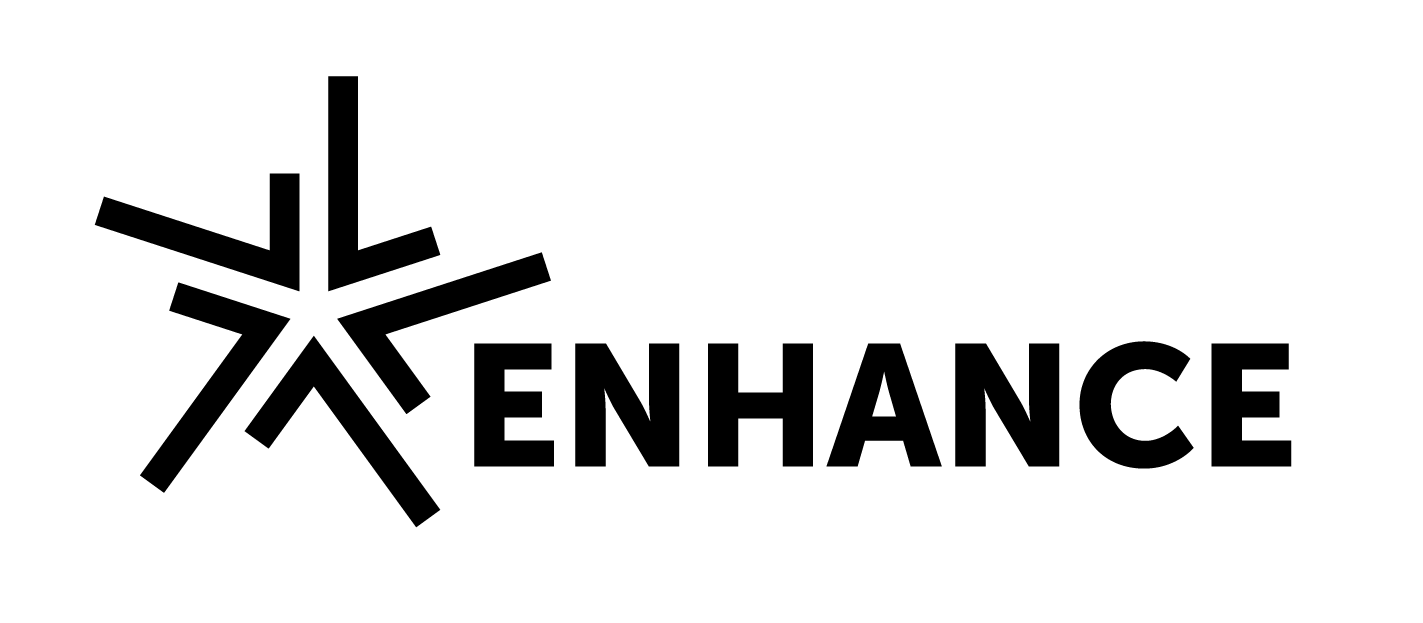The ENHANCE Transdisciplinary Project Catalyst builds knowledge-creating teams that bring together academics, students, and societal stakeholders that engage in transdisciplinary research in the three ENHANCE pilot topics:
- Digitalisation and Artificial Intelligence
- Smart and Sustainable Cities and Communities
- Climate Action.
The catalyst is a series of experiments which seeks to generate the highest levels of community innovation. Through peer-exchange, the working group explores platforms, spaces, and arenas for transdisciplinary projects and science. They develop a joint understanding of cross-disciplinary and cross-sectoral approaches and co-creation with society, share local best practices, and initiate new project proposals.
The catalyst enhances the involvement of students in transdisciplinary research and addresses the Sustainable Development Goal (SDG) 11 (Sustainable Cities and Communities) and SDG 13 (Climate Action). The catalyst fosters new transdisciplinary research projects between master students, PhD candidates, and senior researchers. In the long term, we aim to address other grand challenges by upscaling the catalyst methodology, to develop peer-learning and new project ideas in transdisciplinary science and co-creation with societal stakeholders on a European level.
Joint workshops
Get-to-know survey: In order to get to know each other better and understand each other’s definitions of transdisciplinarity, the working group surveyed to matchmake the current projects and teaching activities among the seven ENHANCE member partner universities. These methodological approaches aim to close the gap between transdisciplinary research, innovation projects, and education activities. They will be tested by students and project partners. The reflections of the students and project partners/stakeholders will be a valuable reference to the next steps of the task.
Joint workshop 1: Bridging the Transdisciplinary Projects and Education Activities: The catalyst has been hosted as a workshop on “Bridging the Transdisciplinary Projects and Education Activities” on 16 December 2021. In this workshop, ENHANCE partners shared several methods and approaches to integrate regional transdisciplinary projects into education programmes. In addition, methodological approaches to close the gap between transdisciplinary research innovation projects and education activities have been tested by the students and transdisciplinary project partners. The reflections of the students and project partners/stakeholders are also a valued reference to the following steps of task 4.1.
Joint workshop 2: enhancing 100 Climate-Neutral and Smart Cities: This workshop took place on 22-23 Sep 2022 in Brussels with invited mission cities representatives, EU’s mission cities decision-makers as well as the other key stakeholders to discuss with ENHANCE partners how the ENHANCE Alliance can actively join the EU’s mission cities program and make a solid contribution to the mission cities. Four ENHANCE Cities, Gothenburg, Warsaw, Trondheim, and Valencia, gave presentations on their challenges of making their cities climate-neutral. ENHANCE partners discussed how ENHANCE universities can work together to support the ENHANCE cities to overcome those challenges. One measure is to make the 4 ENHANCE cities case areas to build a research and innovation project.
Joint workshop 3: Pedagogical Workshop-in-Workshop & Case Study:
This pedagogical workshop-in-workshop series aligns with task 4.1 Interdisciplinary design class for students from ENHANCE Alliance: Smart Sustainable Cities & Communities Phantom, Menace or New Hope? The pedagogical workshop series focuses on how students and their enhanced learning can play an important role in making a smart, sustainable, and climate-neutral urban future with beautiful, inclusive, and just qualities. We assess students’ transformational and experiential learning by evaluating the understandings gained through students’ participation in the interdisciplinary hybrid workshop and exhibit. The workshop-in-workshop series makes use of the interdisciplinary design class as a case study. The workshop-in-workshop series is composed of three sessions:
- 1st workshop with students: Assessing Students’ Awareness and Knowledge for Climate Neutral Transition (16 March, online)
- 2nd workshop: Students Participation and Toolbox of Student Engagement Toward Climate Neutral Transition (13 April, online)
- 3rd workshop: Case Study Analysis (18-19 May at Warsaw University of Technology, physical meeting)
New joint project proposals
3 joint proposals have been co-produced among the partners of Project Catalyst:
Digital Europe Programme proposal: AI TEF and smart city (granted)
CitCom.ai delivers a European Artificial Intelligence Testing and Experimentation Facility (AI TEF) for Smart and Sustainable Cities and Communities (SSCC). The CitCom.ai consortium brings together world-leading TEF capabilities around the three themes POWER, MOVE, and CONNECT, as three “super nodes” Nordic, Central, and South, with satellites and sub-nodes located across 11 countries in the European Union. Building on established initiatives such as the Living-in.EU efforts and the Minimal Interoperability Mechanisms, and projects such as OrganiCity (testing and Experimentation Facility for Smart Cities and Communities) and SynchroniCity (Large-scale pilot for AI and IoT in Smart Cities and Communities), CitCom.ai leverages the best available experience and expertise in Europe, and in the world. The solid and broad co-funding is secured from public and private sources, with tight linking to EU and Member State initiatives. And after the project period of five years, a clear business plan will be developed from strategic and technical perspectives, aligned with the needs of cities and communities in Europe.
ENHANCE partners: Politecnico di Milano, Universitat Politècnica de València, Politechnika Warszawska.
In addition to this granted project, two more proposals are either being evaluated or in the re-submission phase:
- Horizon Europe Marie S. Curie Action Doctoral Network proposal: RESURGE: Resilient and Sustainable Urban-oriented Research Gathering (in re-submitting)
- Horizon Europe Driving Urban Transitions call: ENACT 15m C: Envisioning Neighbourhoods And Co-Creating Thriving Communities in the 15mC (under evaluation)
Student-driven co-creation activities:
Interdisciplinary design classes: Future European Cities in 2030 Perspective
Host: Politechnika Warszawska
Place: Warsaw Poland
Date: 15-19 May 2023
In an era of intense development of ICT technologies – Internet of Things sensors, mobile applications using geolocalisation, BIG Data, and artificial intelligence – there is the question about the purpose of implementing these solutions in cities wishing to become ‘smart.’ Will the Smart City become a modern-day Panopticon – a dark spectre tracking the movements of its inhabitants and, through AI-controlled optimisation systems, imposing its will on them? Or will the smart city become a New Hope city, a city co-created by its inhabitants, where modern technology enables the development of an open information society and promotes social participation?

Host: Norges Teknisk-Naturvitenskapelige Universite
Place: Trondheim Norway
Date: Aug-Nov 2022
The Norwegian University of Science and Technology has established a Student Think/Do Tank, a place for, by, and with students. In the Think/Do Tank, students can share their experiences and ideas of how to build/renew/upgrade a city to become climate-neutral, sustainable, inclusive, and beautiful. They will also get the opportunity to meet other students around the world both digitally and physically.

Host: Norges Teknisk-Naturvitenskapelige Universite
Place: Ålesund Norway
Date: 2-8 Oct 2022
Data-driven co-creation could be a tool for fostering a mutual understanding of tasks, goals, and visions amongst citizens and stakeholders in municipalities. Through the course, students will learn the skills necessary for developing innovative tools and methodologies for data-driven co-creation in policy formulation and decision-making processes for urban innovation. Students attended a whole week-long study trip to Ålesund and Geiranger, where the local municipalities are already engaging in techniques for data-driven co-creation. Students then participated in ongoing real-life projects and actively involved local stakeholders and residents, building on existing projects such as Ålesund’s digital twin model.



